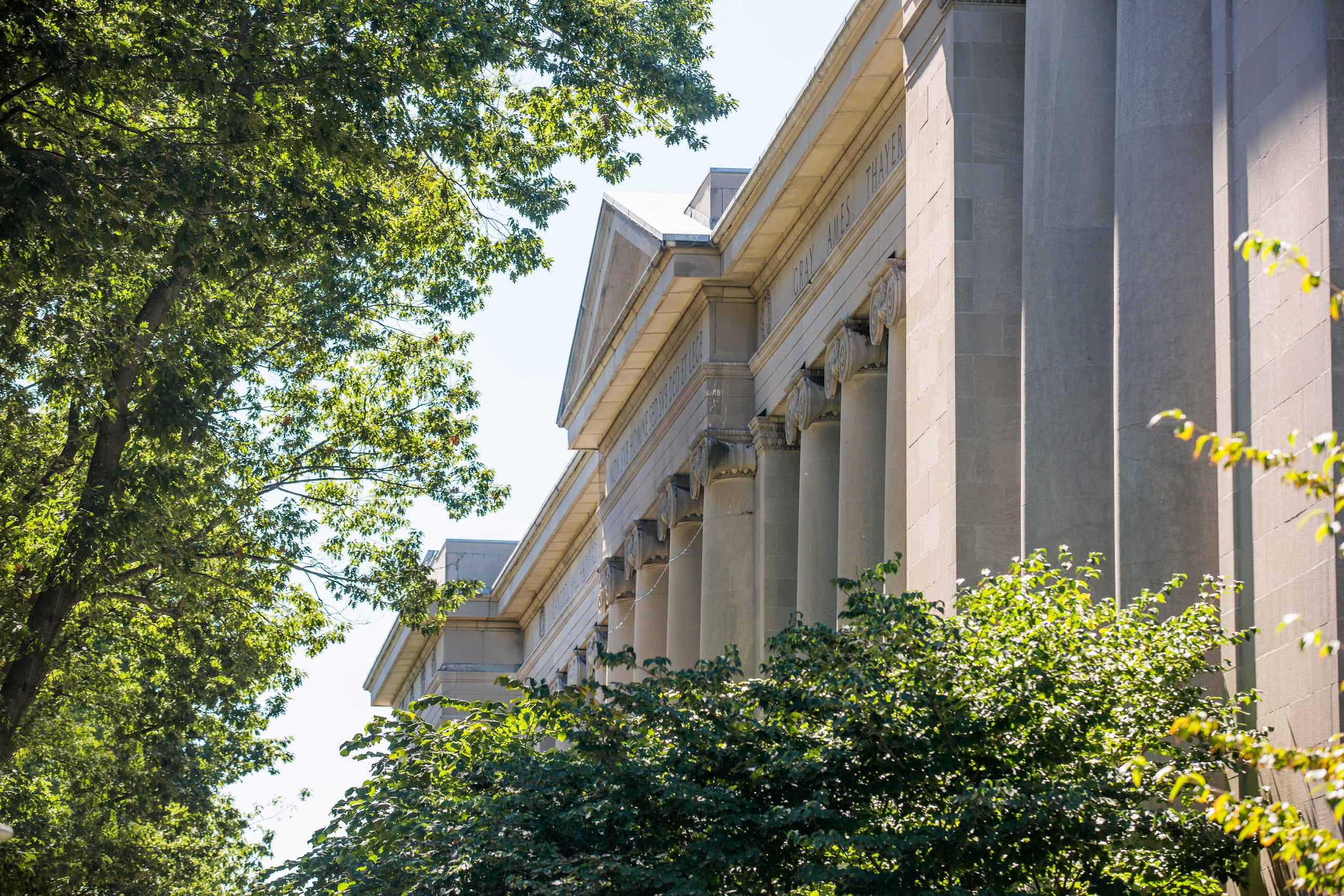In recent decisions, the United States Court of Appeals for the First Circuit found New Hampshire’s ban on “ballot selfies” unconstitutional and the Massachusetts Supreme Judicial Court issued a ruling restricting seizures and searches of cell phone by police without probable cause or a search warrant. Harvard Law School’s Cyberlaw Clinic, which provides pro-bono legal services to clients in matters involving the Internet, technology and intellectual property, filed friend-of-the-court briefs in both cases.
On Sept. 28, the First Circuit struck down a New Hampshire law that made it illegal to share a photo of a completed ballot on social media. The New Hampshire ban on ballot selfies was held unconstitutional, with the court finding that the law “could not survive even the lower threshold of intermediate scrutiny.” The Cyberlaw Clinic filed an amicus brief in the case, Rideout v. Gardner, with the New England First Amendment Coalition and the Keene Sentinel, a New Hampshire newspaper. The brief argued that the law is unconstitutional under the First Amendment, as it prohibits a variety of speech important to monitoring the government, educating voters and engaging in political debate.
In the second case, the Massachusetts Supreme Judicial Court held that “probable cause to seize a phone ‘may not be based solely on an officer’s opinion that the device is likely to contain evidence of the crime under investigation.'” The case, Commonwealth v. White, SJC–1197, concerned the circumstances in which law enforcement officers may seize a cell phone to advance a criminal investigation. The Court also ruled that the Commonwealth had not met the burden of demonstrating that the delay between seizure of the phone and application for a search warrant — a delay of sixty-eight days — was reasonable. The Cyberlaw Clinic filed an amicus brief in the case, on behalf of the American Civil Liberties Union of Massachusetts (ACLUM). As set forth in the brief, ACLUM argued that the ubiquity of cell phones, their powerful functionality, and their capacity to store enormous amounts of private information are reasons that they merit the very strongest privacy protections as enshrined in the Bill of Rights and the Massachusetts Declaration of Rights.
